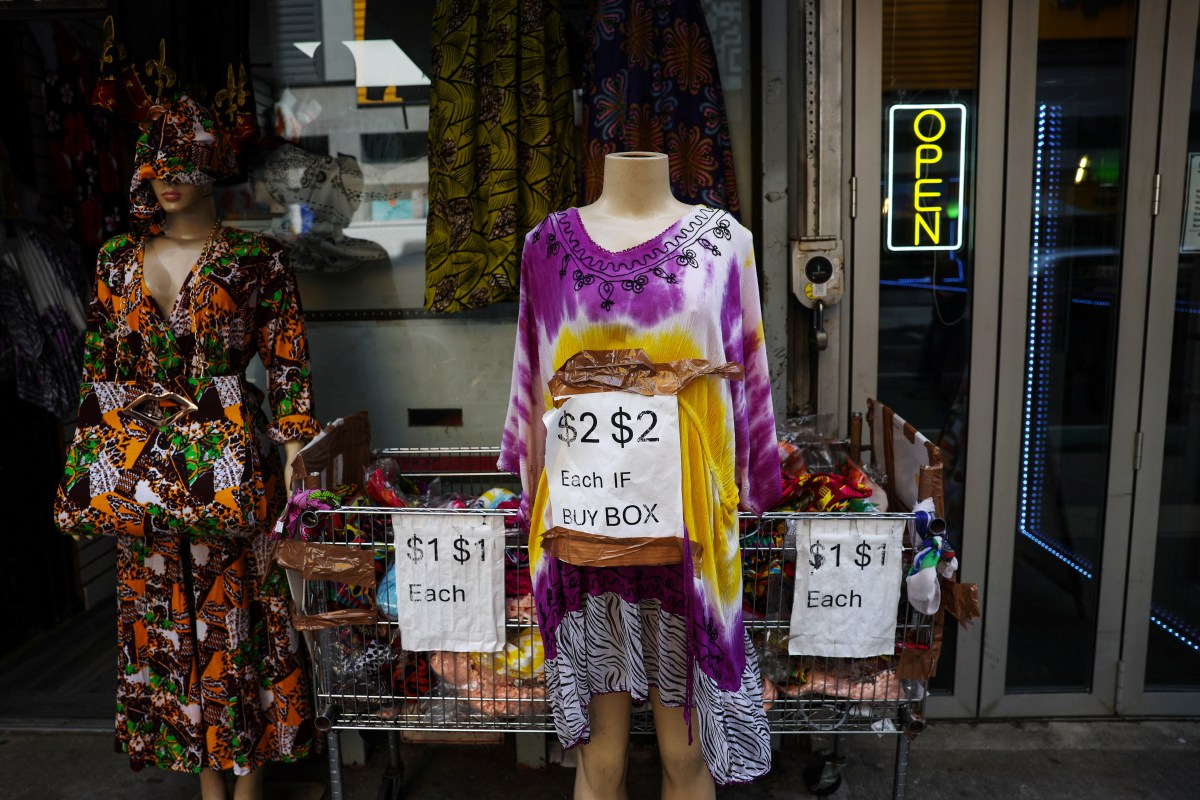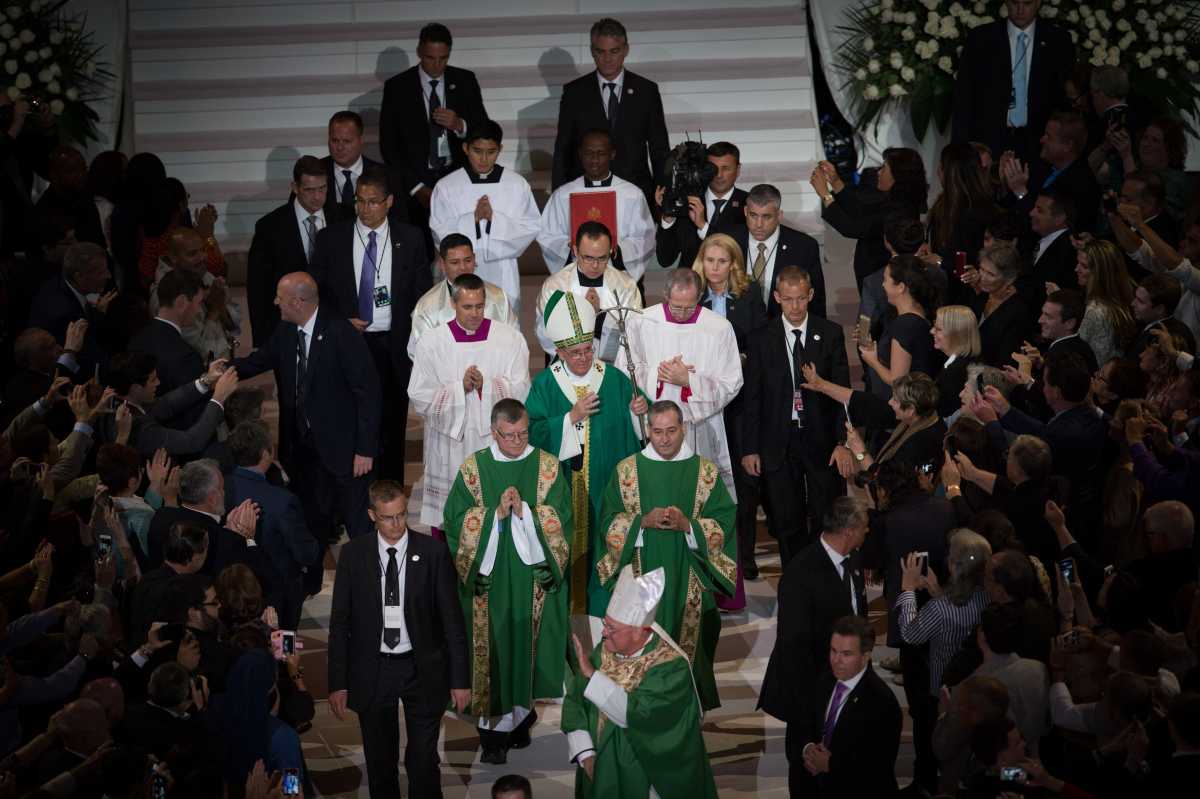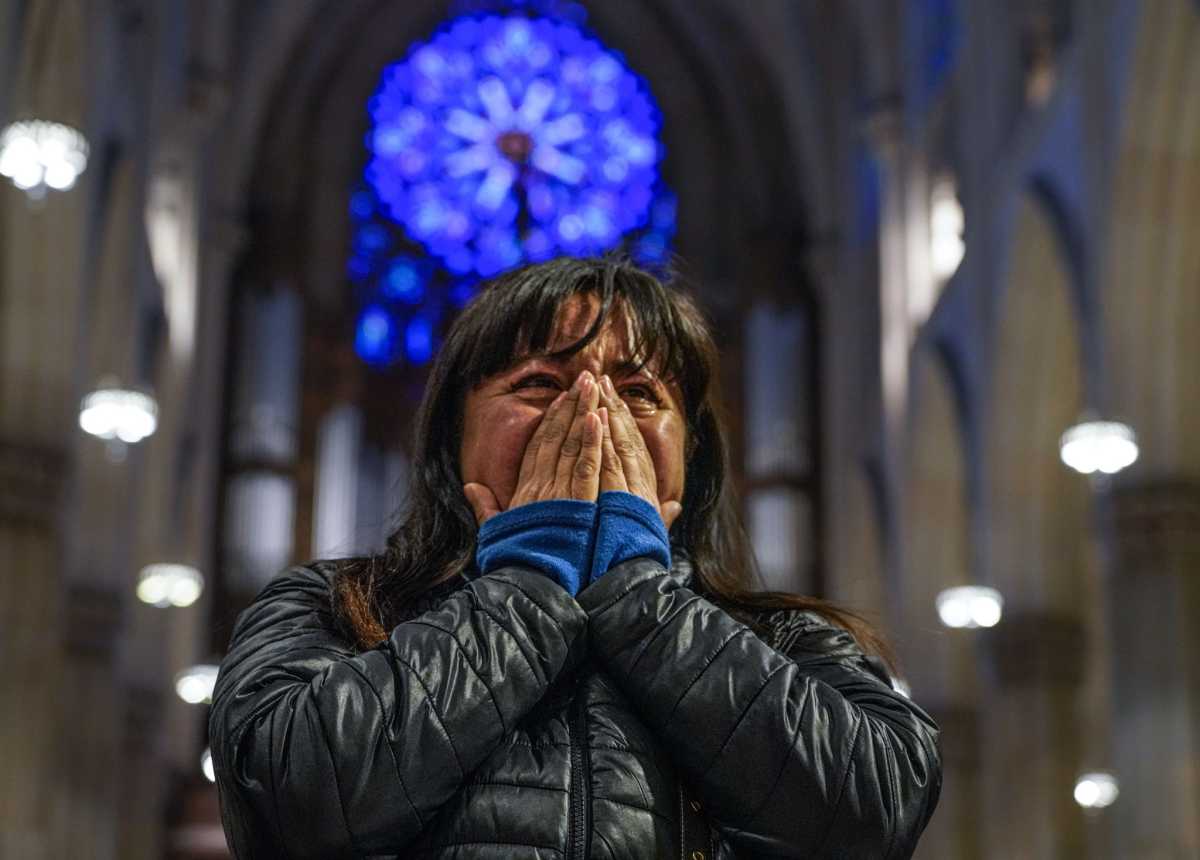BUENOS AIRES (Reuters) – Argentina’s debt restructuring deadline passed on Friday after four months of tense debt talks, multiple delays and amendments since an initial low-ball offer in April, with bondholders expected to strongly back a $65 billion proposal.
The cutoff for accepting the proposal closed at 5 p.m. Eastern Time (2100 GMT). The new bonds are scheduled to be issued on Sept. 4 if a full deal is struck as expected, though there remains the risk there could be hold-outs on certain bonds.
“In the government they are confident of high acceptance,” an official source told Reuters on Friday afternoon shortly before the deadline closed, asking not to be named as the process is private.
The person added that the official results would likely not be announced until Monday as formally scheduled, though that decision lay with center-left President Alberto Fernandez and Economy Minister Martin Guzman, and could change.
The main three creditor committees holding a large chunk of the bonds backed a deal earlier this month, bolstering confidence that the government would get the required level of support to allow a full deal to go ahead without holdouts.
A deal is key to pulling Argentina out of default and reviving the economy, already in its third straight year of recession. Guzman’s next step will be renegotiating a failed $57 billion deal with the International Monetary Fund.
“After circling around each other for the better part of 2020, we have finally reached ‘D-Day’,” said Patrick Esteruelas, head of research for Emso Asset Management in New York.
He added it was “highly unlikely” that legal thresholds on the bonds needed for a deal would not be reached.
A person with direct knowledge of the negotiations told Reuters earlier this week that participation was “very good,” though the final result would only be known once the deadline had passed.
Argentina’s government made a breakthrough with its main creditor groups – the Ad Hoc Group, Argentina Creditor Committee and the Exchange Bondholder Group – on Aug. 4, when all three agreed to support an amended offer.
That helped push up Argentina’s sovereign bond prices, though they have slipped back over recent weeks in thin trading, affected by broader concerns about the country’s tough economic outlook. They dipped an average 0.3% on Friday and 3% for the week.
The bonds include so-called “Exchange” bonds, involved in a previous restructuring, and which have tougher legal clauses. The other “Macri” bonds were issued during the previous administration of conservative President Mauricio Macri.
Argentina needs support from holders of 85% of the Exchange bonds, and over 66.67% on the Macri bonds, though individual bond series can have lower levels of support.
“It is estimated that adherence will be high, but it’s still to be seen what percentage is reached in relation to the activation thresholds of the collective action clauses,” financial services firm Puente said in a note.
“Investors will pay special attention to this detail, to get an idea on whether the swap can be made 100% binding on all the various series of bonds.”
(Reporting by Cassandra Garrison and Jorge Iorio; additional reporting by Nicolas Misculin; Writing by Adam Jourdan; Editing by David Gregorio, Rosalba O’Brien and Jonathan Oatis)

























